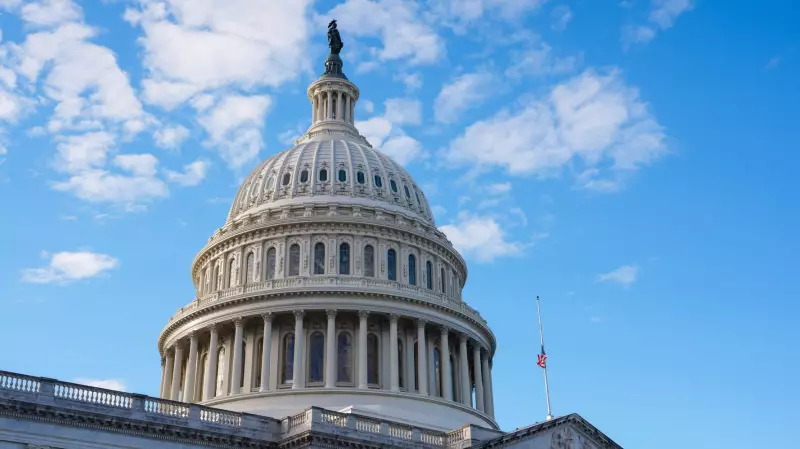
Washington witnessed a significant political breakthrough as the U.S. Senate passed crucial legislation to reopen the federal government following a tense 41-day impasse over healthcare policy. The Monday vote sets the stage for final approval from the Republican-controlled House of Representatives, which is expected to quickly pass the measure and officially end the shutdown later this week.
The Bipartisan Compromise
The Senate approved the funding bill with a 60-40 vote, with seven Democrats and one independent senator crossing party lines to support the measure alongside Republicans. The breakthrough came after moderate Senate Democrats reached an agreement with Republican counterparts to fund the government without securing key Democratic priorities, most notably an extension of enhanced subsidies for Affordable Care Act enrollees.
Republicans agreed to hold a vote on extending the tax credits next month, though the measure is widely expected to fail due to substantial GOP opposition to the program. Supporters of the deal argued it represented progress for Democrats, noting that Republicans had previously refused to consider any votes on restoring ACA subsidies. Critics, however, dismissed the arrangement as an empty gesture destined for failure.
Last-Minute Obstacles and Partisan Divisions
The final vote faced temporary disruption from Senator Rand Paul, a Republican from Kentucky, who objected to a provision in the bill that would outlaw certain synthetic cannabinoid products derived from hemp. Paul argued the measure would devastate Kentucky's hemp industry and demanded a vote to remove it from the legislation. However, the Senate rejected his effort by a wide bipartisan margin.
Republicans also blocked a last-ditch attempt by Senator Tammy Baldwin, a Democrat from Wisconsin, to include a one-year extension of enhanced ACA subsidies in the funding bill. The vote followed strict party lines, highlighting the continued partisan divide over healthcare policy.
The Healthcare Debate Continues
Senator Susan Collins, a Republican from Maine, explained her opposition to extending subsidies without accompanying reforms, including more stringent income limits for qualification. "So it's just not true that we are ignoring this issue," Collins stated during Senate floor proceedings, anticipating Democratic criticism over healthcare.
Collins emphasized that Republicans were collaborating with Democrats to develop a compromise solution. However, her position drew immediate criticism from opponents, including a spokesperson who declared online: "Susan Collins just voted against extending the ACA subsidies. This vote is a betrayal of the Maine people, and it will send healthcare costs through the roof."
While the immediate government shutdown appears resolved, the underlying tensions over healthcare policy and funding remain unresolved, setting the stage for future political battles in Washington.





